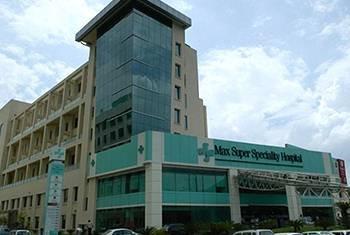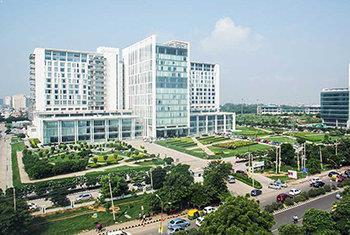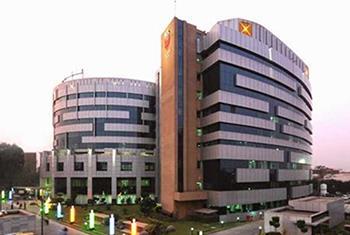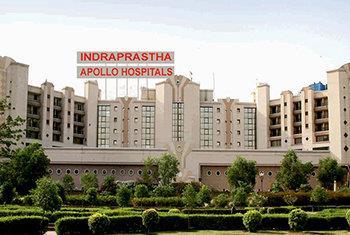These tumors can be classified as different types of tumors based on their severity.
These tumors originate in the brain or surrounding tissues and destroy brain cells. They are known as primary brain tumors.
- The most common primary tumors include
- Gliomas (including astrocytoma, oligodendrogliomas, and glioblastomas) and ependymomas
- Medulloblastomas
- Meningiomas
- Acoustic neuromas
Gliomas account for 65% of all primary brain tumors.
When any type of cancer, forming elsewhere in the body is spread to the brain the tumor is known as a secondary or metastatic brain tumor. Lung, breast, kidney, colon are the common tumors that can spread to the brain.
Metastases from other parts of the body may spread to a single part of the brain or to several different parts. Many types of cancer can spread to the brain. They include
- Breast cancer
- Lung cancer
- Kidney cancer
- Melanoma
- Thyroid cancer
- Lymphoma and leukaemia
The non-cancerous tumors that could be easily removed are termed as Benign Brain Tumors. If they become the root of complications in particular areas of the brain, they could be fatal.
Malignant Brain Tumors are the cancerous tumors and have the ability to spread to the surrounding healthy tissues.
Brain tumors differ in accordance to the growth of cancerous cells and the capability to cause symptoms.
- Depending on the pace at which cells are spreading aggressively, brain tumors have different grades which are as follows:
The higher the numbers, the more serious a tumour is: grade 1 and 2 brain tumours are non-cancerous (benign) tumours that tend to grow quite slowly.
Grade 3 and 4 brain tumours are cancerous (malignant) tumours that grow more quickly and are more difficult to treat.
- Grade I: The tissue in this case is benign. The growth is slow and cells appear normal in case they’re closely monitored.
- Grade II: The cells may not be as normal as they show in Grade II and the tissue is malignant.
- Grade III: The cancerous cells multiply actively and are termed anaplastic. The other feature is that the cells appear opposite from healthy cells.
- Grade IV: The malignant tissue has destructively abnormal cells that grow at a faster rate. Their growth is quite aggressive.







